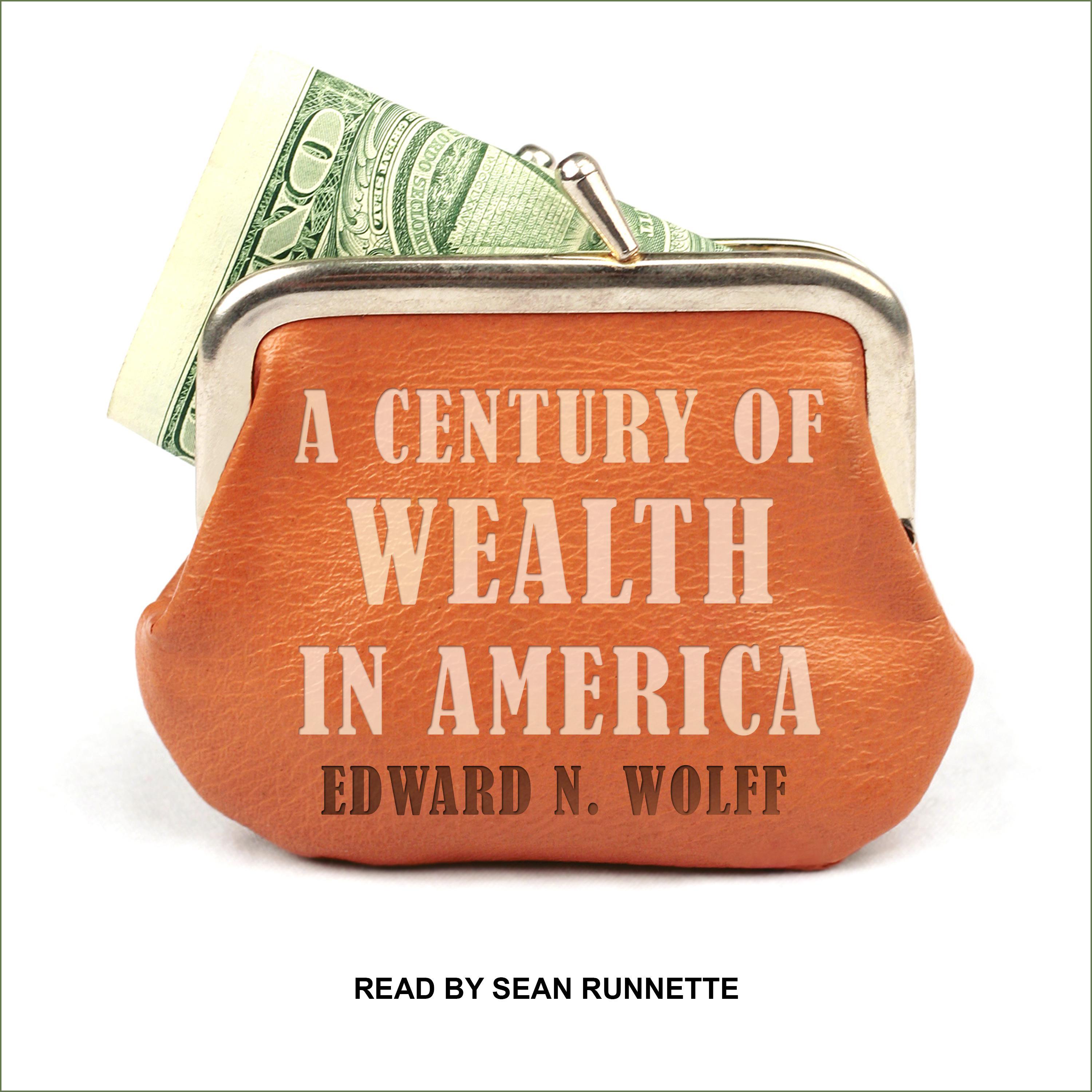
A Century of Wealth in America
Read by
Sean Runnette
Release:
10/31/2017
Release:
10/31/2017
Release:
10/31/2017
Release:
10/31/2017
Runtime:
22h 38m
Runtime:
22h 38m
Runtime:
22h 38m
Unabridged
Quantity:
Edward Wolff is probably the most knowledgeable scholar of the empirics of household wealth in the US. The book is comprehensive and engaging. The historical perspective is particularly illuminating.
Philippe Van Kerm, Luxembourg Institute of Socio-Economic Research and University of Luxembourg
Understanding wealth in the United States—who has it, how they acquired it, and how they preserve it—is crucial to addressing the economic and political challenges facing the nation. But until now we have had little reliable information. Edward Wolff, one of the world's great experts on the economics of wealth, offers an authoritative account of patterns in the accumulation and distribution of wealth since 1900.
A Century of Wealth in America demonstrates that the most remarkable change has been the growth of per capita household wealth, which climbed almost eightfold prior to the 2007 recession. But overlaid on this base rate are worrying trends. The share of personal wealth claimed by the richest one percent almost doubled between the mid-1970s and 2013, concurrent with a steep run-up of debt in the middle class. As the wealth of the average family dropped precipitously—by 44 percent—between 2007 and 2013, with black families hit hardest, the debt-income ratio more than doubled. The Great Recession also caused a sharp spike in asset poverty, as more and more families barely survived from one paycheck to the next. In short, the United States has changed from being one of the most economically equal of the advanced industrialized countries to being one of the most unequal.
A Century of Wealth in America demonstrates that the most remarkable change has been the growth of per capita household wealth, which climbed almost eightfold prior to the 2007 recession. But overlaid on this base rate are worrying trends. The share of personal wealth claimed by the richest one percent almost doubled between the mid-1970s and 2013, concurrent with a steep run-up of debt in the middle class. As the wealth of the average family dropped precipitously—by 44 percent—between 2007 and 2013, with black families hit hardest, the debt-income ratio more than doubled. The Great Recession also caused a sharp spike in asset poverty, as more and more families barely survived from one paycheck to the next. In short, the United States has changed from being one of the most economically equal of the advanced industrialized countries to being one of the most unequal.
Release:
2017-10-31
2017-10-31
2017-10-31
2017-10-31
Runtime:
Runtime:
Runtime:
Runtime:
22h 38m
22h 38m
22h 38m
22h 38m
Format:
audio
audio
audio
audio
Weight:
0.0 lb
1.5 lb
0.55 lb
1.5 lb
Language:
English
ISBN:
9781541482449
9781665250351
9781665250368
9781541412446
Publisher:
Tantor
Tantor
Tantor
Tantor
Praise
